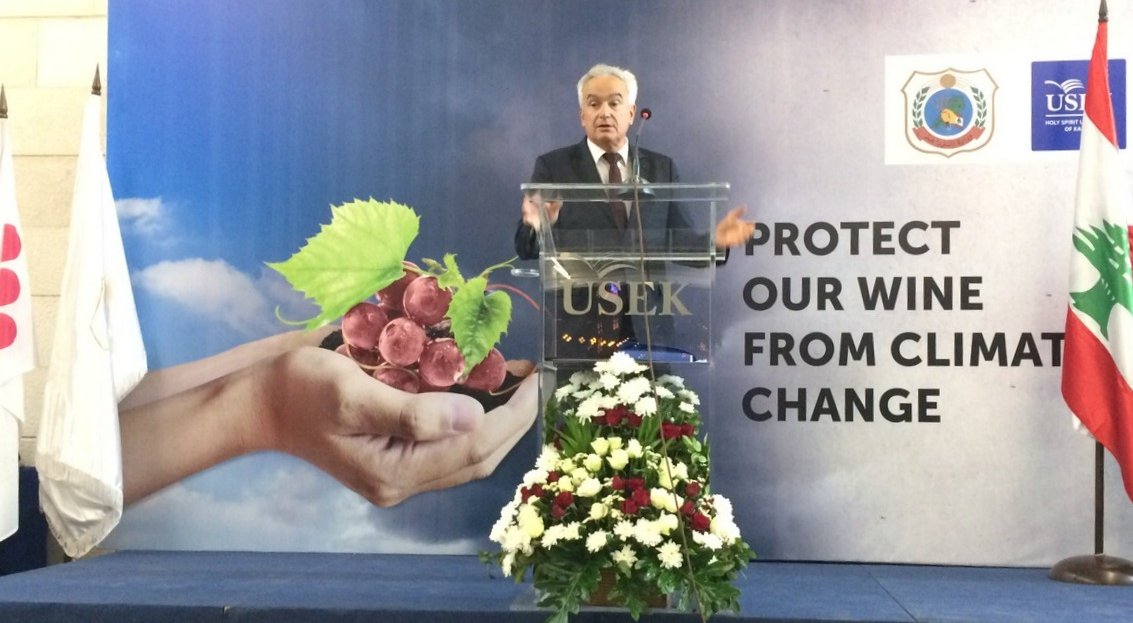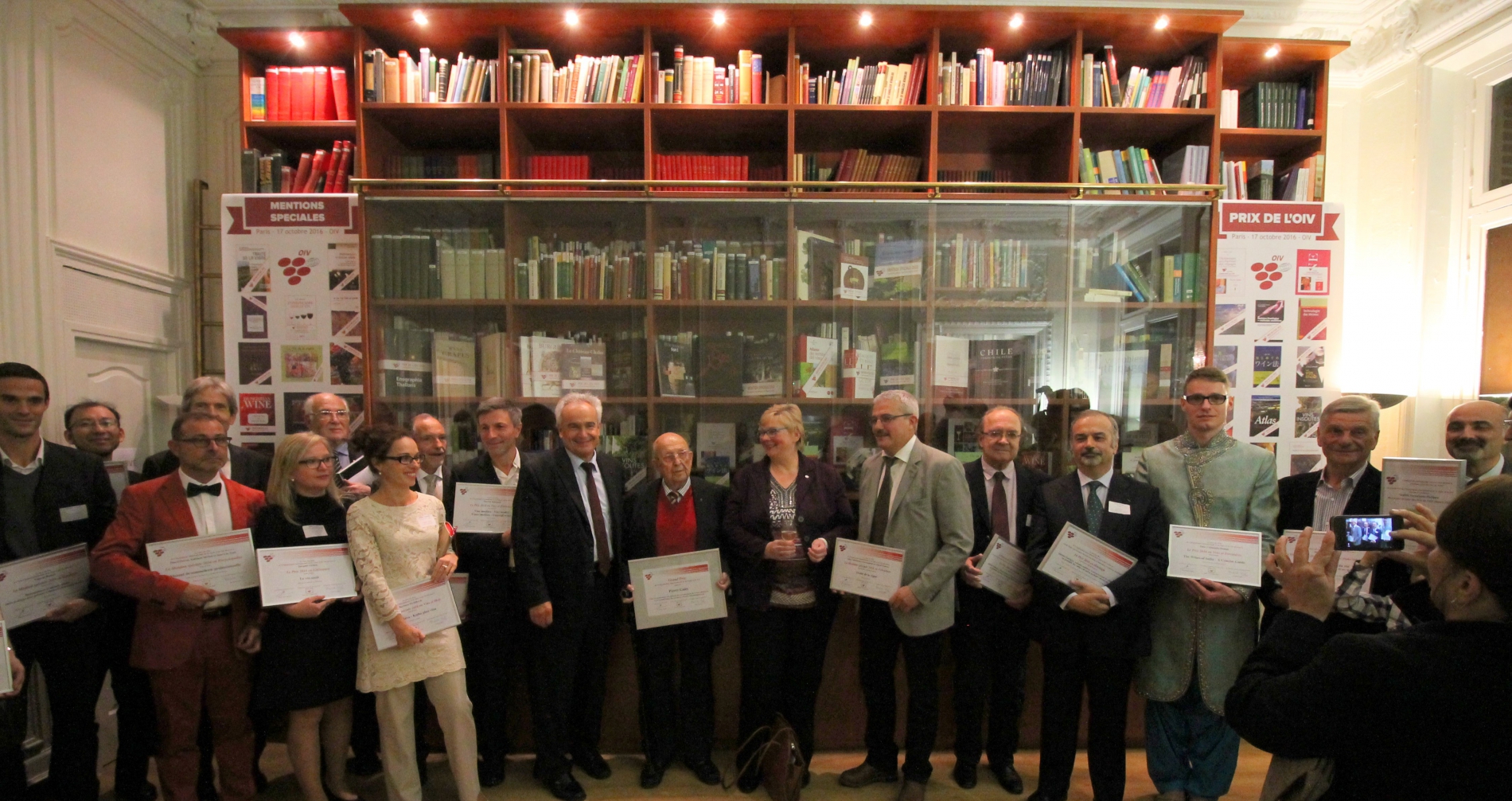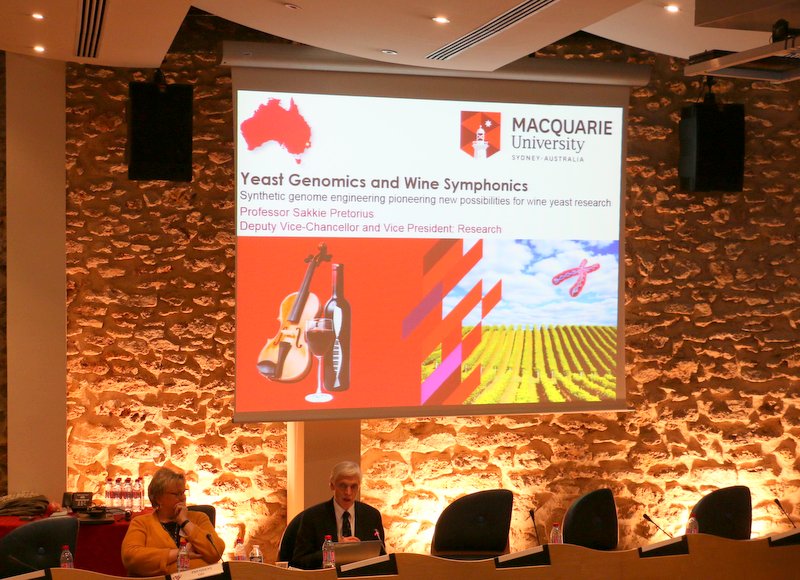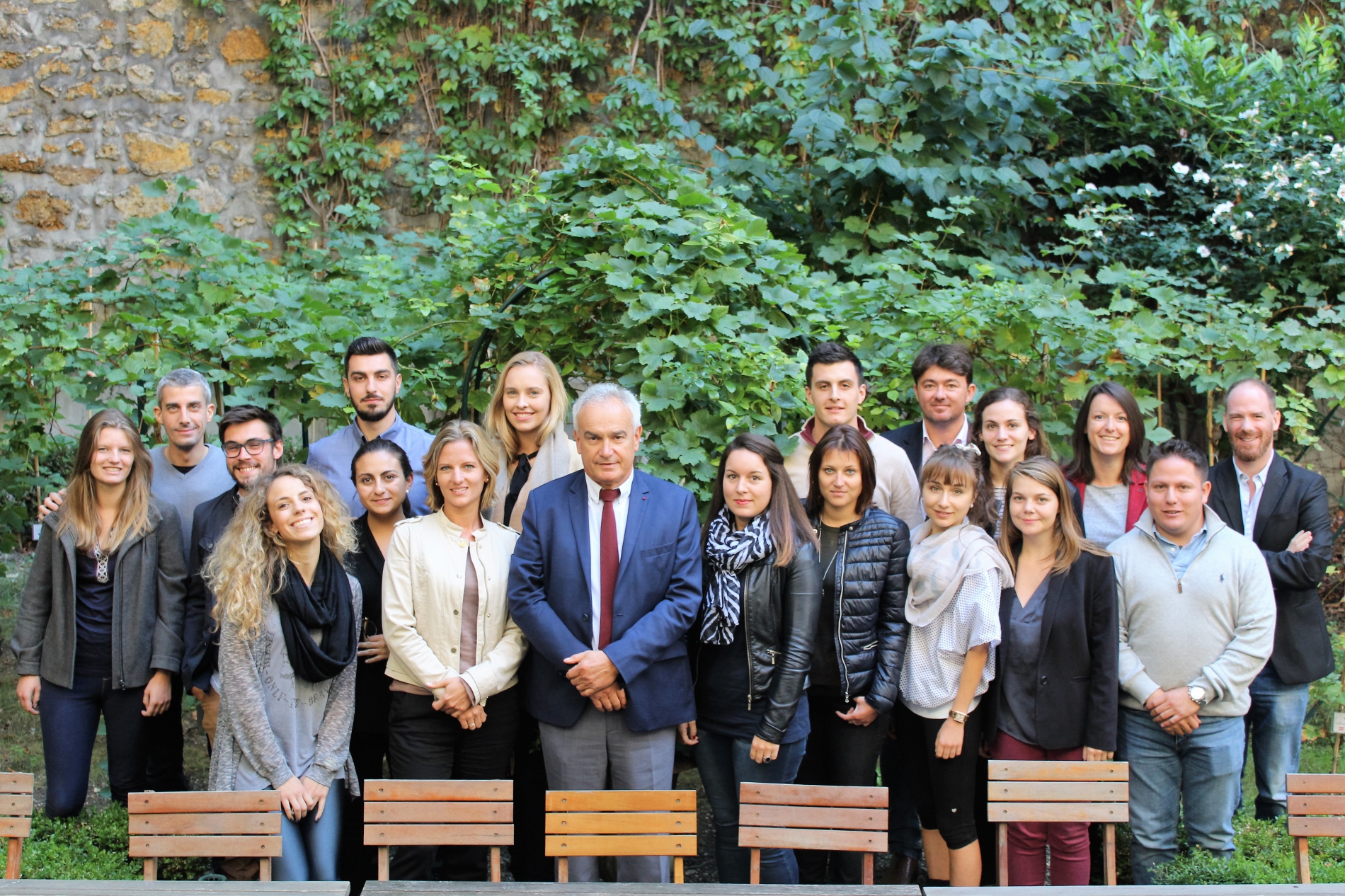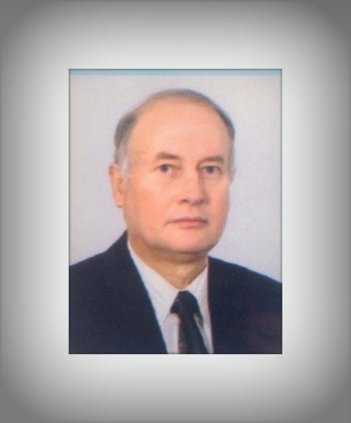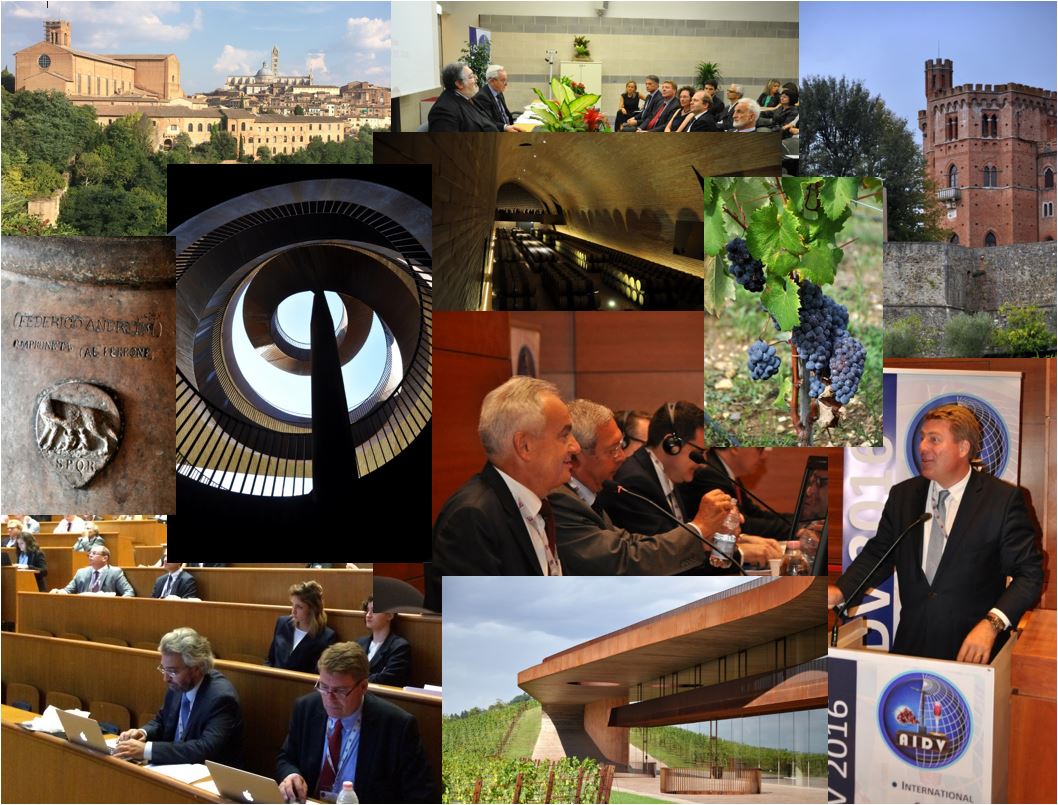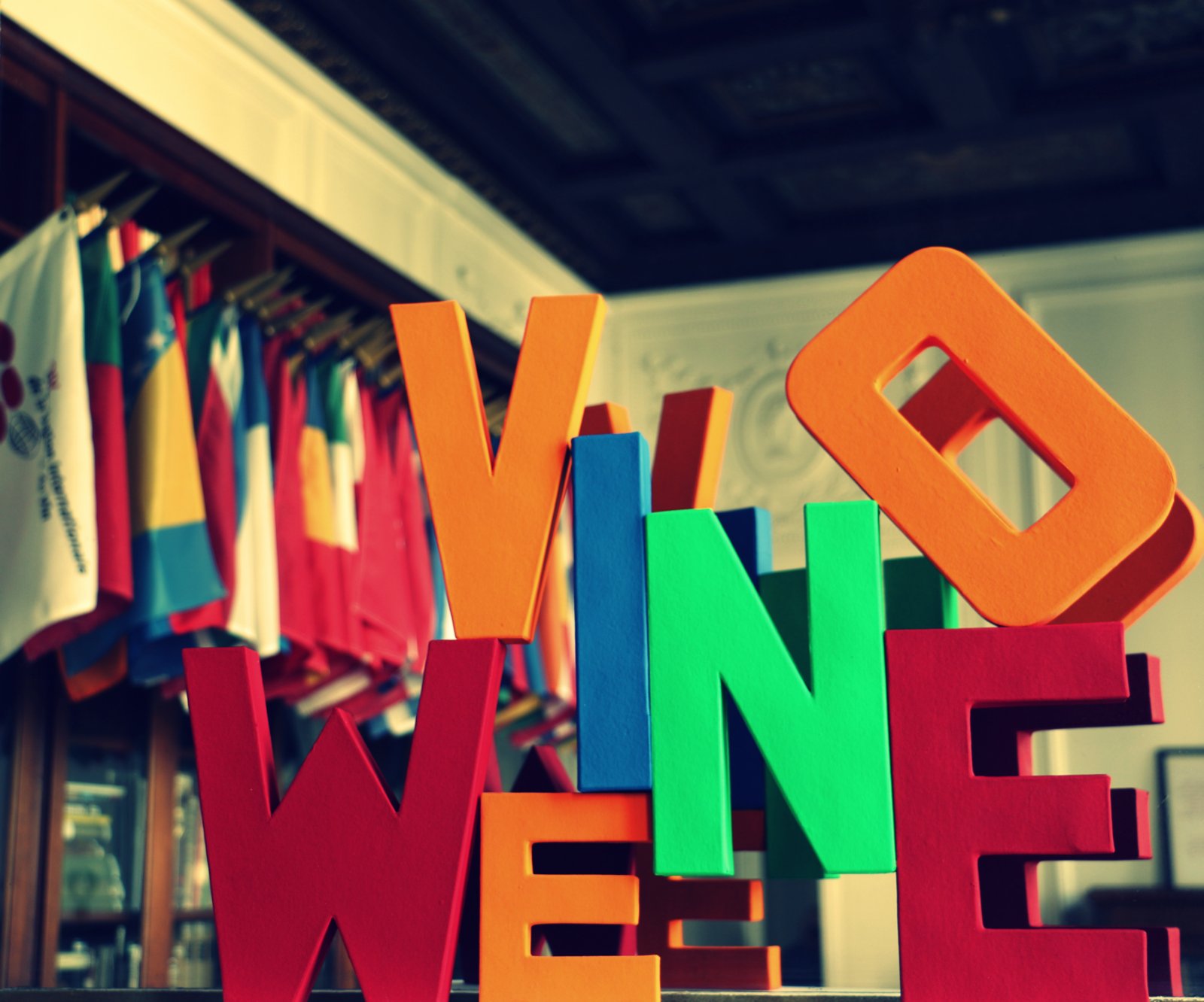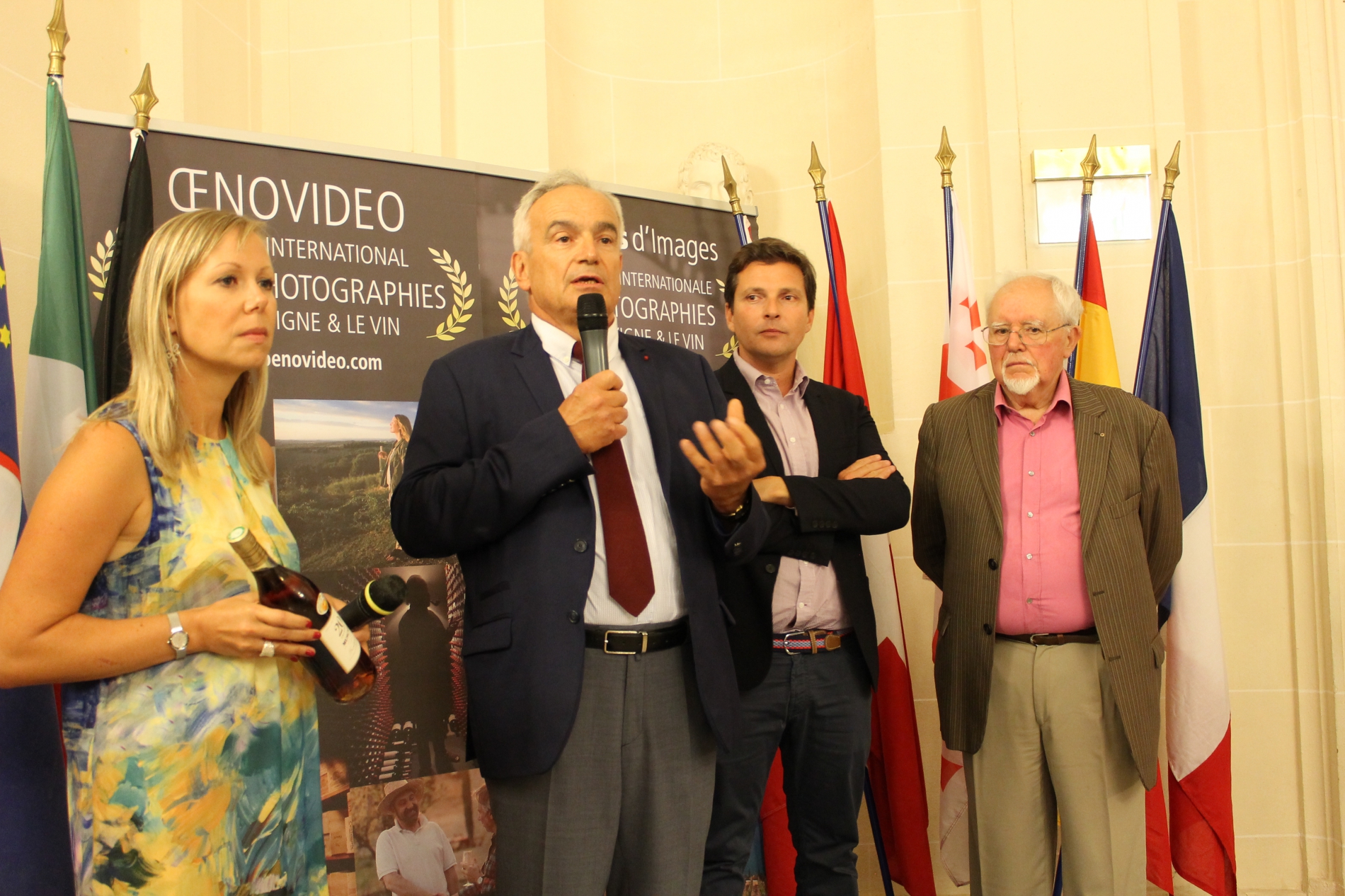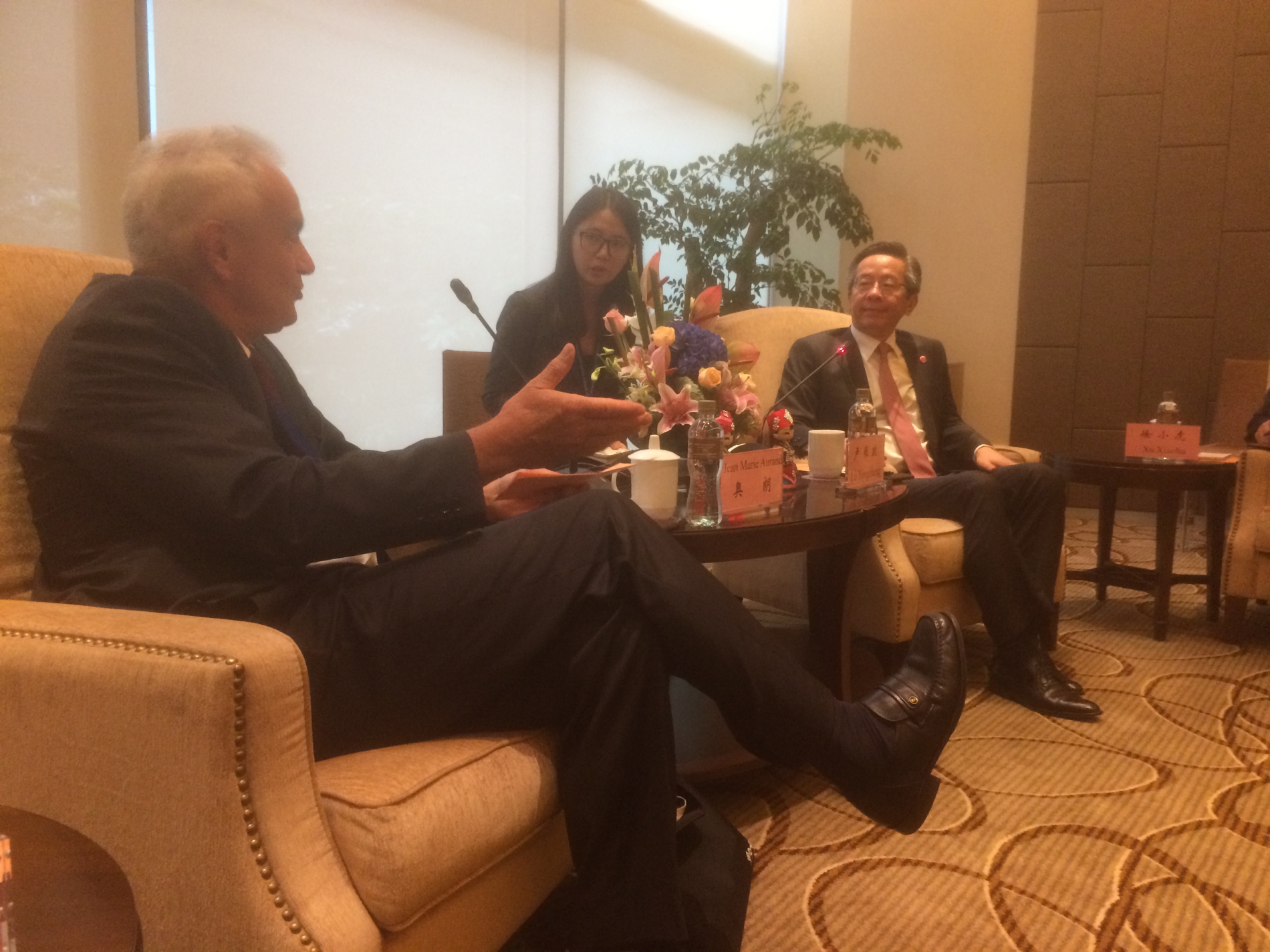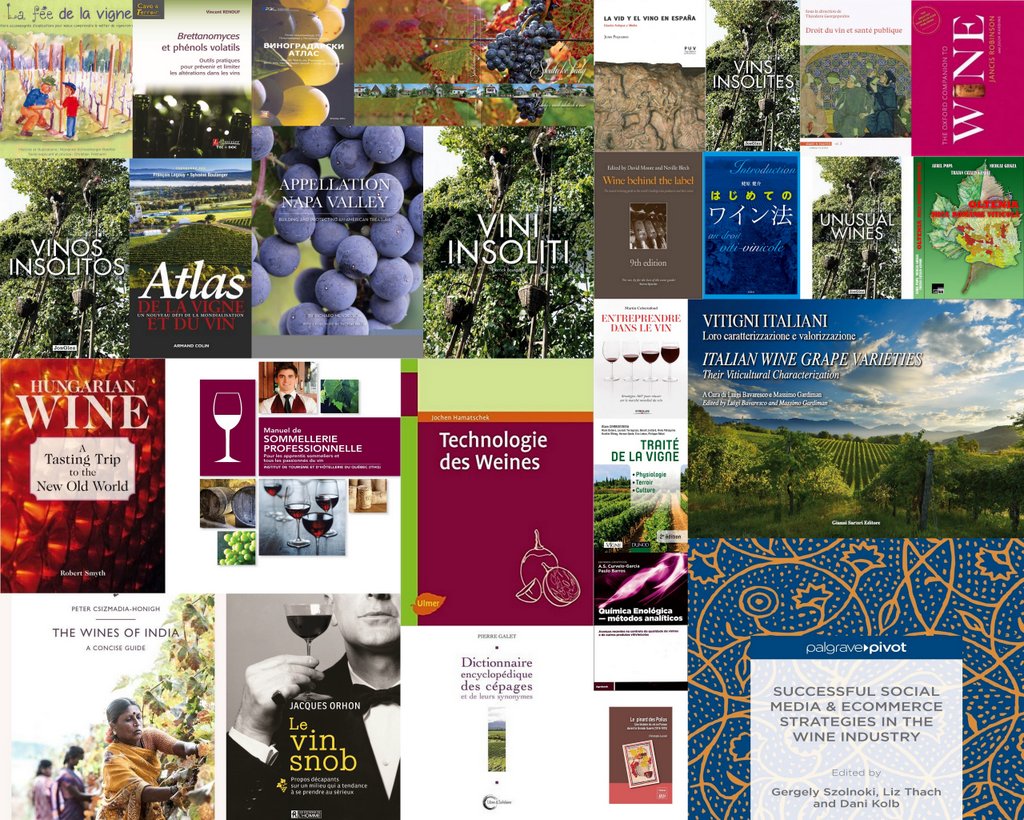18 окт 2016
During this conference – which was attended by representatives of the ministries of agriculture and industry together with those of economy, commerce and foreign affairs, saw major participation from the professionals of the Lebanon Winemaking Union (UVL) and was chaired by Mr Zafer Chaoui – the Director General of the OIV recalled the major issues for the world sector and outlined the responses given by the OIV, accompanied by the priorities of the 2015-2019 Strategic Plan, especially in terms of sustainable development.The speeches given by the Minister for Agriculture on regulation; by professionals from the UVL on climate change and plot delimitation; by academics on the pedo-climatic characterisation of Lebanese terroirs, cooperation where research is concerned or the functional effects of consuming red wine; or by Yann Juban from the OIV on health and nutritional issues in relation to labelling allowed for numerous exchanges to take place.At the time of this visit, contacts were also made between the President of the French Institute of Vine and Wine, Mr Bernard Nadal, and his opposite number in Lebanon, Mr Carlos el Adem, so as to develop projects that were dear to the hearts of two major players in the renaissance of Lebanese viticulture who died recently, Serge Hochar and Michel de Bustros. Official tributes were paid to their memories.During technical visits to the various châteaux of the Beqaa (Kefraya, Ksara and Saint Thomas), Jean-Marie Aurand underlined the developments in the Lebanese winemaking sector, which has carried out preliminary studies to better understand its indigenous vines, such as Obeidy, and to differentiate its terroirs – a necessary foundation for an approach to geographically identify Lebanese wine. Jean-Marie Aurand praised the success of this third international meeting held at the initiative of Director General for Agriculture Louis Lahoud, whose efforts were also acknowledged in the OIV “Economy and Markets” Expert Group of which he is vice-president. The Director General of the OIV was also able to appreciate the multi-millenary winemaking heritage of Lebanon when he visited the temple of Bacchus in Baalbek.
16 окт 2016
A total of 12 Awards and 13 Special Mentions were awarded by the OIV to this year's winners.As an exceptional gesture, the Grand Prix Award was awarded to both Pierre Galet and Jancis Robinson for their contribution to the dissemination of knowledge about the vitivinicultural sector and in recognition of their internationally-renowned work.Ms Christmann and Mr Aurand highlighted the growing success – to the delight of interested readers – in terms of quality information on the wine world, in a number of fields: technology and science, economy and law, history and fine arts, literature, health, the marriage between wine and gastronomy, the discovery and presentation of wines, as well as wine regions around the world.The 2016 ceremony confirmed the renown and prestige of the OIV Awards, as well as the fantastic openness given the inclusion of works concerning countries that are not OIV members or about whose wine production still very little is known.
28 сен 2016
As the world’s intergovernmental organisation of scientific and technical nature of recognised competence for its works concerning vines, wine, wine-based beverages, table grapes, raisins and other vine-based products, the International Organisation of Vine and Wine (OIV) has taken a keen interest to fully understand the potential challenges and opportunities associated with the emerging science of Synthetic Biology.This lecture was well-received and sparked the interest of all the attendees to proactively engage all stakeholders of the global wine industryIn this context, the OIV has invited Professor Sakkie Pretorius (Macquarie University, Sydney, Australia) to present a special lecture on “Synthetic genome engineering forging new frontiers for wine yeast” to a joint session of our various Commissions on the 4th of April 2016. This lecture was well-received and sparked the interest of all the attendees to proactively engage all stakeholders of the global wine industry ‒ researchers, industry practitioners, policymakers, regulators, commentators and consumers ‒ in a meaningful dialog about the potential challenges, opportunities and impacts emanating from Synthetic Biology. To support this important conversation, Professor Pretorius undertook to write a comprehensive review article on this subject. This paper has now been published in a peer-review journal, Critical reviews in Biotechnology (see attached). This article is an Open Access publication and can be downloaded for free as a PDF from the website:Pretorius, I.S. (2016) Synthetic genome engineering forging new frontiers for wine yeast. Critical Reviews in Biotechnology. Professor Pretorius at the end of the lecture with the president of the OIV Monika Christmann
27 сен 2016
After an introduction to the OIV and its activities by the different unit heads, they were welcomed by Director General Jean-Marie Aurand, who emphasised the distinctive character of this training programme and the opportunities it offers, thanks to the network of associated universities and companies.The specific nature of the course is designed to be mono-sectoral, multi-disciplinary, itinerant, international and experiential all at the same time; it also now has one of the most developed networks in the world of wine. Since 1987, almost 500 players and policy makers in the wine world have taken this training programme.Before this year's class left the OIV headquarters, Jean-Marie Aurand stressed the course's international dimension, which is expressed through a curriculum that every year leads students to discover over 20 key countries on the wine planet, spread over the 5 continents.
21 сен 2016
20 сен 2016
On 24 September 1716, the Grand Duke of Tuscany Cosimo de' Medici issued an edict legally defining the boundaries of the Chianti region for the first time. In Tuscany, 3 centuries later, over 150 specialists in wine law from 5 continents participated in the 34th international conference of the International Wine Law Association (AIDV) on the theme of 'Legal tools for the protection of local wineries in a global market'.From the opening of these two days of discussions and debates, the Director General of the OIV recalled the figures indicative of the globalisation of the wine world, in which over 2 bottles of wine out of 5 have crossed a border before being consumed – which equates to more than 100 million hectolitres out of 270 million hectolitres of products in the world. Jean-Marie Aurand praised the activity and network of the AIDV in 30 or so countries, which provides a major intellectual contribution to the work of the OIV through its observer status. Among the participants in the Conference, Mr Aurand expressed his appreciation to three law professors, the winners of 3 OIV Awards in 2016: Richard Mendelson, Kensuké Ebihara and Théodore Georgopoulos.From left to right: Jean-Marie Aurand – OIV Director General, Jean-Paul Thuillier – Permanent Representative of FRANCE to the WTO,John Barker – Lawyer- Consultant in New Zealand, Tom LaFaille – Vice President of the Californian Wine Institute, Nicolas Ozanam – General delegate for the French Federation of Exporters of Wines & Spirits.Various sessions dealt with the 'big regional agreements' and their impact on the wine trade; restrictions on trade in the wine market; buying and selling wine businesses: unexpected barriers and hurdles; public and private dispute settlement in the wine sector; the funding, makeup and role of various producer groups; geographical indications and the 'average consumer'; or even hardly-known tools in the wine sector such as plant breeders' rights or the protection of oenological practices. During these sessions, the lawyers, magistrates, professors and professionals present repeatedly insisted on the specific characteristics linked to the territoriality of wine, which makes it possible to maintain, even develop the local approach in a globalised world.From Vienna, Austria – where he was elected – to Siena, Italy – where he finished his term – the AIDV President and Dutch lawyer Rein-Jan Prins dynamised the AIDV, which, with almost 350 legal experts, is the largest forum for comparative studies and debates in the field of vitivinicultural law. The grand surroundings of the city of Siena and its University set the scene for very high-level debates, punctuated by the discovery of the gems of Tuscany thanks to tastings masterfully organised by the Enoteca Italiana, the Consorzio Vino Chianti Classico and the Consorzio Vernaccia di San Gimignano.From left to right: Giacomo Bassi, Mayor of San Gimignano; Rein-Jan Prins, AIDV President; Letizia Cesani, President of the Consorzio; Stefano Campatelli, Director of the ConsorzioThe AIDV President stressed the importance for legal experts in wine, whether they came from a thousand-year-old wine-producing country or a newer one, to confront the reality of territories formed through the economic activity of the wine trade. From the Ricasoli family's Castello di Brolio, a multi-century cradle of Chianti, to Cantina Antinori, a masterpiece of contemporary architecture, Rein-Jan Prins saluted these three centuries, which perfectly illustrate the theme of the AIDV Conference, or how a local, geographically-limited product has been able to forge an international reputation and global market.
20 сен 2016
To attend this press conference, journalists are kindly asked to send an email with their name and their professional contact details to press@oiv.int.Date: Thursday 20 October 2016Time: 11amLocation: International Organisation of Vine and Wine, (OIV), 18 Rue d'Aguesseau, Paris 75008 - Metro station Madeleine or Concorde [see map]
19 сен 2016
Under the patronage of the OIV, each year this festival recognises the best films and photographs relating to vines. Among the award winners of the 23rd festival, which took place at the end of May in Frontignan, are French, together with Canadian, Georgian and Slovenian productions. On the photographs side, the major winners of the 11th Terroir d'Images exhibition, which took place at the same time as the festival, were presented during this ceremony. See the Terroir d’Images Winners.The presentation of awards was also the moment for the handover from the town of Frontignan to the Cité du Vin (City of Wine) of Bordeaux, where the next festival will be held in 2017.
12 сен 2016
This exhibition brought together representatives for 2000 exhibitors (700 of which were foreign) and hosted over 10 000 visitors.During a conference organised as part of the exhibition, Jean-Marie Aurand gave a panorama of the state of the global vitivinicultural sector, highlighting the major development trends and main issues for the future, as well as the role of the OIV in this context.At this event, the OIV Director General also partook in several meetings with representatives for the Chinese authorities, namely the Vice-Governor of Guizhou Province and the Chinese Vice-Minister for Commerce, with whom he brought up the prospects for the accession of China to the OIV.
24 авг 2016
« Form_Inscription_Livre_Book_JdP_2017.pdf »: paper printed books and .pdf format (in the 10 categories) [FR / EN]« Form_Inscription_numeric_JdP_2017.pdf »: interactive digital format only in the first five categories : 1-Viticulture, 2-Œnology, 3-Vitivinicultural Economy and Law, 4-History, Literature and Fine Arts, 5-Wine and Health [FR / EN]
Rubric OIV Awards
